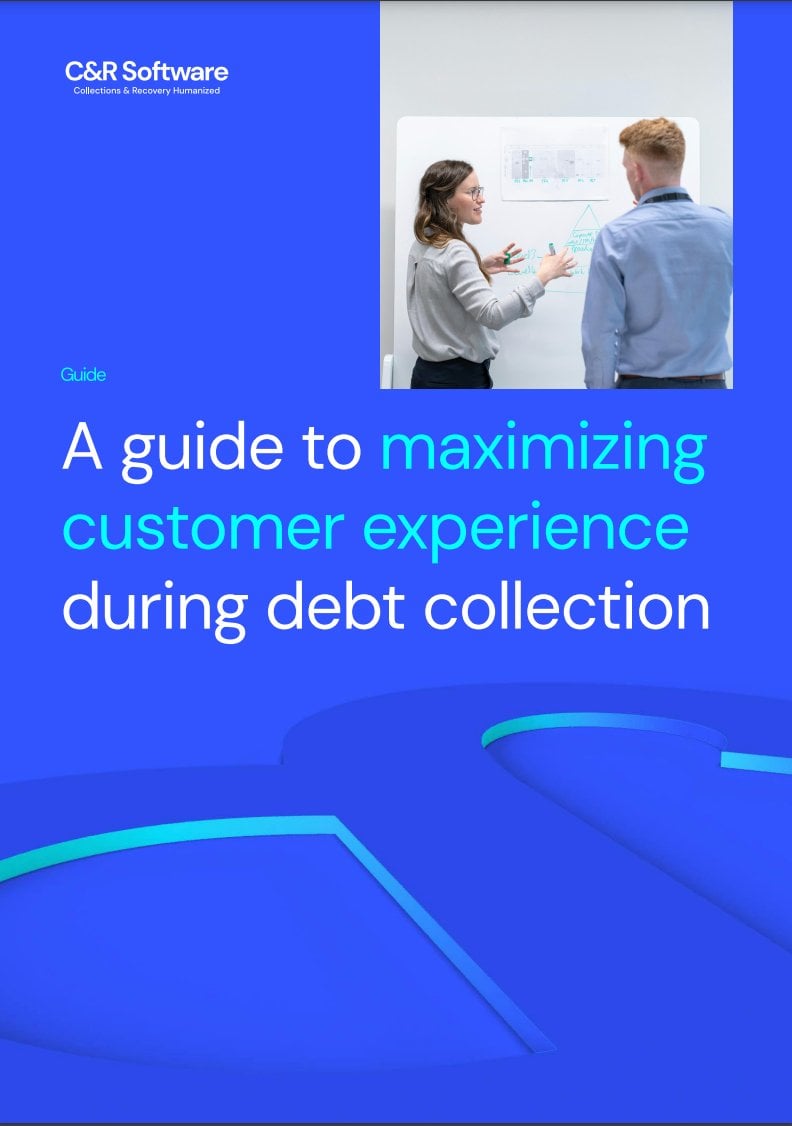Open banking is a powerful system that’s reshaping the way institutions interact with customer data. It promotes transparency, giving banks and other financial institutions a more comprehensive view of a customer’s financial health.
Open banking is an untapped opportunity to enhance collections, especially in the critical pre-delinquency phase. In this article, we’ll explore what open banking is, its relationship to collections, and how it can be leveraged to improve outcomes for both financial institutions and customers.
What is open banking?
Open banking is a third-party financial service where providers give access to consumer banking, transaction, and other financial data through secure APIs. Overseen by regulatory bodies like the CFPB in the US, this system is designed to give customers greater control over their information.
Open banking aggregates customer data in one place when banking with multiple institutions. This gives banks a comprehensive view of a customer’s financial behavior and well-being, including income patterns, spending habits, and savings.
The value of open banking starts before the collections process
Historically, collections teams relied on credit scores and historical data for predicting pre-delinquency risks. These data sources often fell short when it came to detecting struggling customers, especially those in complex financial situations. Open banking data provides a real-time, dynamic view of how customers manage their finances.
Firms can see beyond outstanding debts, gaining visibility into cash flow, cyclical income patterns, and changes in spending behavior. This insight is essential in preventing delinquency, as collections are often reactive rather than proactive. With open banking, institutions can engage with at-risk customers early, offering financial support, restructuring plans, or other personalized interventions based on their actual financial capabilities.
Harnessing open banking and improving customer outcomes
Pairing open banking with advanced technology unlocks its biggest benefits.
- Rules engines for dynamic decisioning: A rules engine automates complex decision-making processes based on predefined logic. Once open banking data signals that a customer’s financial health is deteriorating, the rules engine can automatically trigger preemptive actions such as offering a payment plan modification or refusing an offer altogether.
- Configurable platforms for tailored solutions: A configurable platform adapts quickly to new data sources like open banking. With the right infrastructure, use real-time financial data and customize collections strategies without needing to overhaul your entire system. Evolve your collections process as new data becomes available.
Take full advantage of open banking to support your customers with C&R Software
Open banking is transforming the collections industry by providing real-time, comprehensive financial data that offers a deeper understanding of customers' financial health. When combined with advanced tools like rules engines and configurable platforms, this data enables smarter decision-making, better customer engagement, and improved collections outcomes, especially in the critical pre-delinquency phase.
C&R Software’s digital debt collection platform is designed to fully leverage the power of open banking. As a cloud-native, highly configurable platform, it seamlessly integrates real-time data to deliver personalized repayment solutions and proactive customer support. With decades of expertise, C&R Software helps organizations recover more efficiently, prevent delinquencies, and build stronger customer relationships. Contact us today to learn how Debt Manager can transform your collections strategy.





-Jan-20-2026-02-48-49-6447-PM.png?width=352&name=operationalize%20AI%20(15)-Jan-20-2026-02-48-49-6447-PM.png)

-Jan-28-2026-02-16-48-0429-PM.png?width=352&name=operationalize%20AI%20(14)-Jan-28-2026-02-16-48-0429-PM.png)